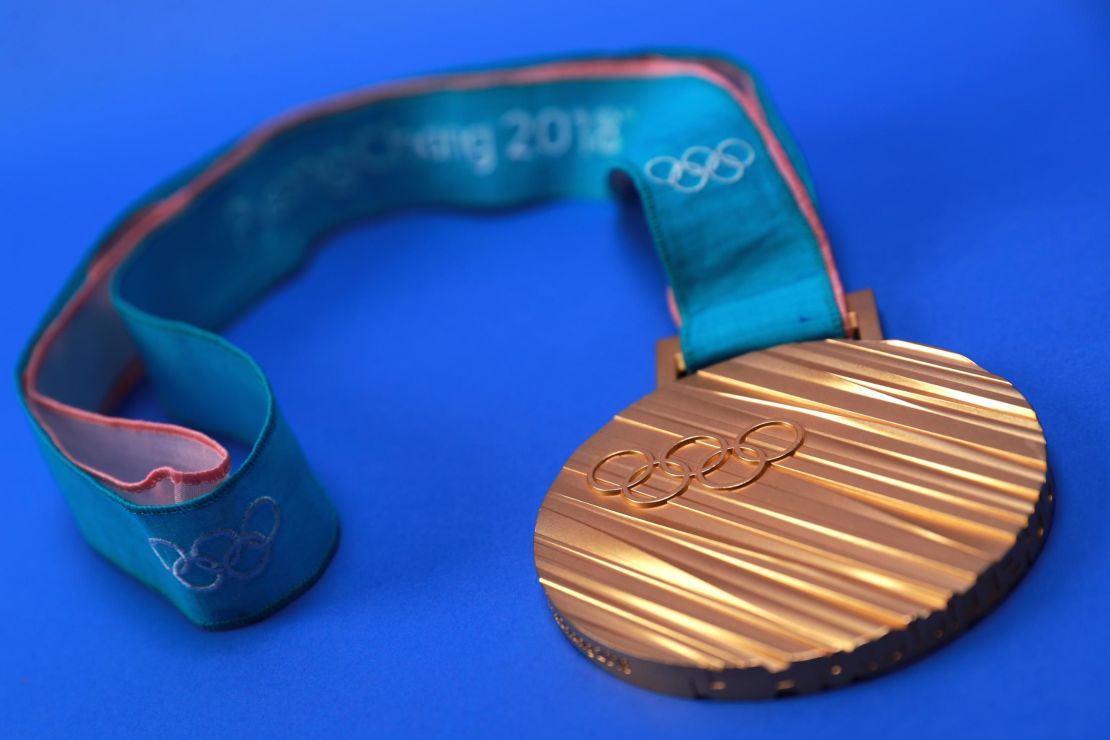Story highlights
Russia banned by IOC in December
Had been predicted to come sixth in medal table
Look away now Russia.
The nation which came top of the medal table at the 2014 Winter Olympics will not be at this year’s edition in PyeongChang – and Russia’s absence means there’s likely to be a lot of extra metal up for grabs.
Banned on December 5 by the International Olympic Committee (IOC), Russia had already retrospectively dropped to fourth in the standings from 2014 after being stripped of a total of 13 medals for anti-doping violations.
True, Russian athletes who can prove themselves to be innocent will be allowed to compete in South Korea, but they’ll be doing so under a neutral flag with the name “Olympic Athlete from Russia” (OAR).
On Tuesday, the Court of Arbitration for Sport in Lausanne, Switzerland announced that 42 Russian athletes had filed appeals against disciplinary decisions taken by the IOC in relation to anti-doping violations during Sochi.
Against that backdrop, data company Gracenote has analyzed athlete results from key competitions since Sochi to predict a virtual medal table and identify which countries are most likely to profit from Russia’s absence.
READ: North Korea will send athletes to the Winter Olympics in South Korea
READ: ‘A tension reducer’ for North and South Korea
Germany looks set to benefit the most in Russia’s absence, picking up an additional five medals in total to top the virtual medal table.
Norway is second and will receive four extra medals, Canada, Italy and France gain an extra two, while Japan, Finland, Great Britain, and the Netherlands will all get one.
READ: How to train, eat and sleep like an Olympic champion

Using the study, South Korea is projected to record its best ever performance at a Winter Games.
With seven gold medals in the predicted 10-medal haul, the host nation will surpass its previous best of six golds.
Visit CNN.com/sport for more stories & features
Following an investigation, Russia – traditionally a powerhouse at Winter Games – was found to have led a “systemic manipulation” of anti-doping rules, something IOC president Thomas Bach called “an unprecedented attack on the integrity of the Olympic Games and sport.”

As it it still unclear which Russian athletes the IOC will allow to compete PyeongChang, the OAR have been excluded from the overall table provided by Gracenote.
However, if all Russian athletes were allowed to compete independently, it’s predictsed they would amass 19 medals in total, including four golds, six silvers and nine bronzes, putting them in sixth place.


